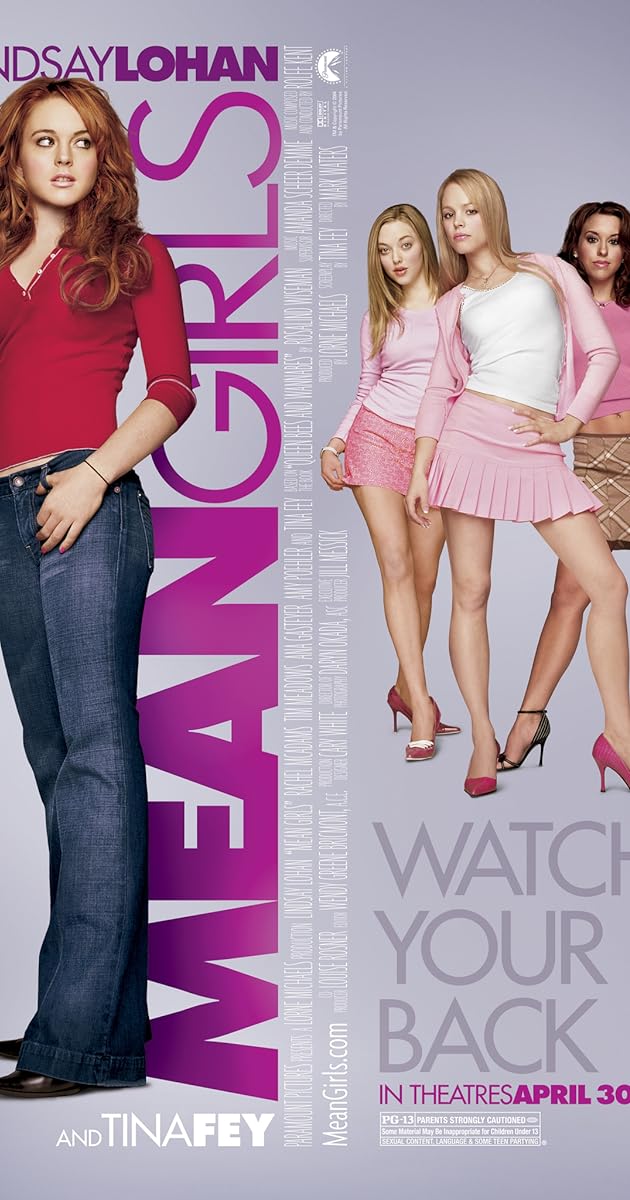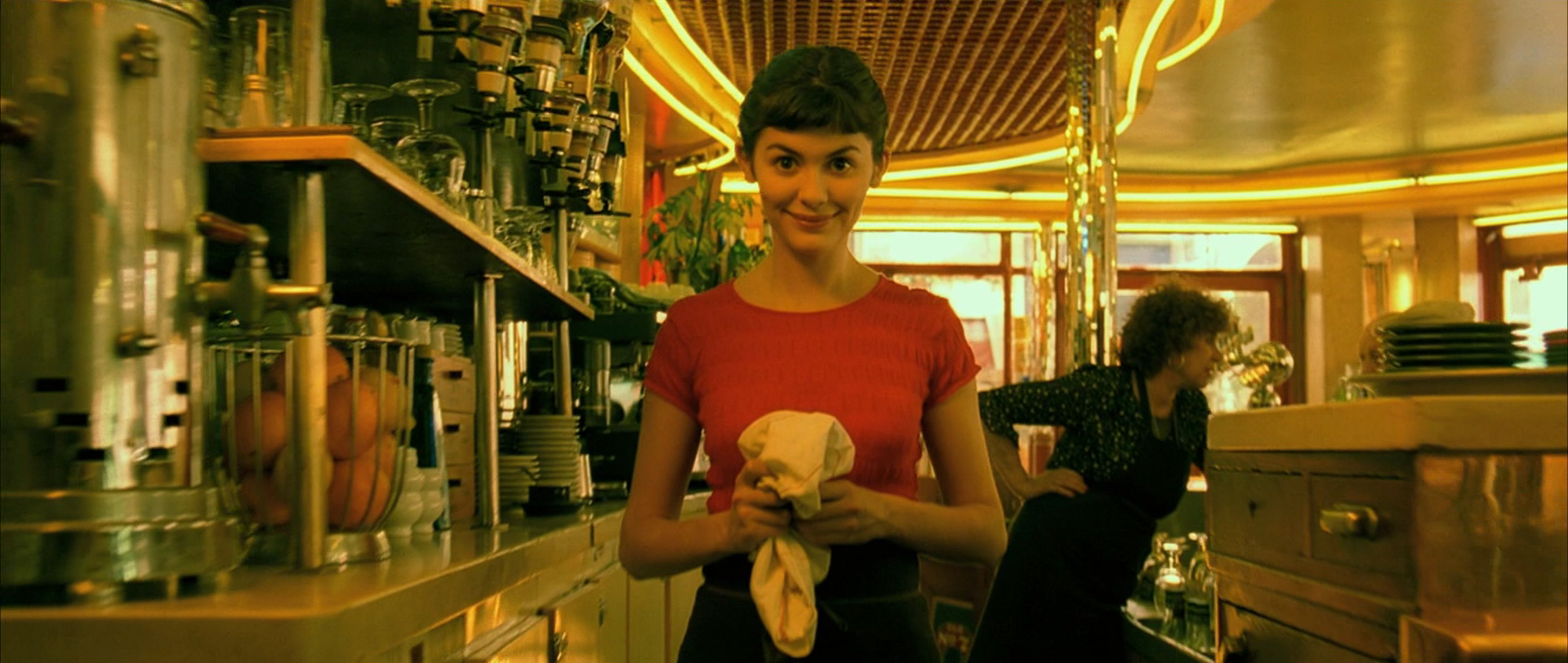Technically, our story falls within the category of a Teen Drama- simply because it is essentially about a teenage girl, and her identity. However, looking at the tropes characteristic of that genre our film definitely stands out.
We are also aware that, at its core, this isn't a story that hasn't been told before. While we are addressing issues with representation and long-standing prejudices regarding our character's identity, the fact that she's a bisexual latina isn't really what drives the story forward- that's not to say that issues regarding homophobia and racism don't have a huge presence in the lives of many. We just simply wanted go for a more lighthearted route as a kind of relief. Yes, our story features a Bisexual Latina who is having real issues relevant to High School, but we've chosen to present these in a lighthearted way to not only make it "easier to digest" but to serve as a kind of reassurance for LGBT+ youth of their normalcy.
Stories with LGBT characters that present homophobia as the main conflict are realistic representations, but these can sometimes be narrow in scope. While it's important to tell these less fortunate stories (because they are raw and stimulate empathy), individuals affected by these issues are well aware of the circumstances and often tragic outcomes. Meaning that these productions are often targeted at "outsiders"( for lack of a better term). What I'm trying to say is that presenting a story that paints an underrepresented group in a lighthearted, positive way can do much more for the people within said group than those films that don't. Seeing oneself reflected on a screen, in a positive context, can significantly improve an individual's outlook on their situation- something that the kids that find themselves in the more tragic narratives
Back to what I was saying about Teen Dramas, there's no way to escape the fact that we're telling a story about a girl in High School figuring out who she is, but we're challenging a lot of tropes in the genre.

First of all, I think it's pretty clear we don't plan to stick to stereotypes in any way, shape, or form. The use of "Cliques," and overly specific categorization of characters within these cliques, is a characteristic of the majority of Teenage Dramas such as Mean Girls (2004). Needless to say, these aren't realistic representations of High School, as I'm sure you would know if you've been in the presence of a teenager in the last 20 years.
Aside from this obvious distinction, the area where we're really challenging conventions is in our film's formalism. The underlying theme isn't anything new, but the way we're presenting it is- at least we're trying to make it different. We're aiming to portray a fairly common, simplistic arc in a way that's interesting artistically. A similar approach is characteristic of films like Amelie- in which the simple story of a young woman ultimately finding love is told in non-conventional ways that, at least for me, made the film infinitely more enjoyable/interesting. The fact that the film's utter ingenuity drew my attention to a story I most likely wouldn't have been interested in is something I admire, and wanted to replicate.
 |
| Amelie (2001) |
Jeunet, J. (Director). (2001). Amélie [Motion picture]. France: UGC-Fox Distribution.
Waters, M. (Director). (2004). Mean Girls [Motion picture]. USA: Paramount Pictures .
No comments:
Post a Comment